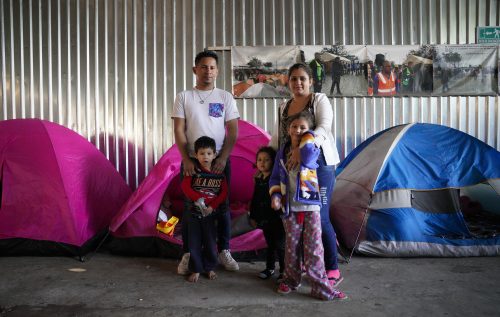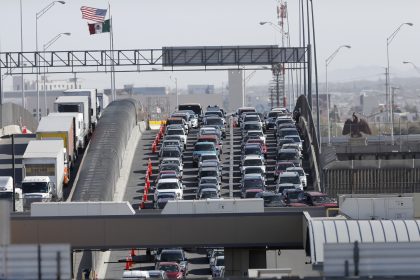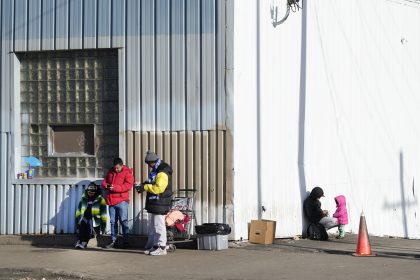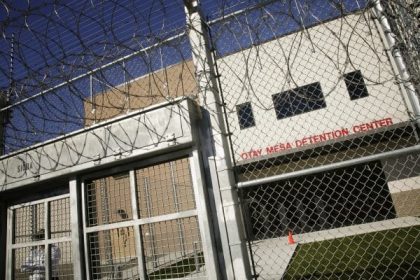State Attorneys General Sue To Block New Immigration Rule

The attorneys general from 13 states filed a lawsuit this week to block a new Trump administration rule that makes it harder for immigrants receiving public assistance to get green cards for permanent residency.
The lawsuit is pending in federal court in the state of Washington.
The attorneys general say the Immigration and Naturalization Service rule violates federal immigration law.
The new rule published Monday says anyone likely to become a “public charge” is disqualified from gaining status as a permanent resident or entering the United States legally.
“Wealth has never been, and should not now be, the primary determinant of an immigrant’s status in America,” said Maryland Attorney General Brian Frosh. “The ‘public charge’ rule is unlawful and un-American and it jeopardizes the health and welfare of children and families.”
Previously, foreign citizens who received non-cash benefits like food stamps or Medicaid were not considered public charges, only the ones receiving welfare. The new rule adds non-cash benefits as a disqualifier.
The lawsuit invoked authority under the Immigration and Nationality Act, which Congress enacted in 1965 to eliminate discrimination that favored western and northern European immigrants.
Until 1965, immigration rights were determined by the National Origins Formula, which State Department officials say was intended “to preserve the ideal of American [Northwestern European] homogeneity.” Congress approved it in 1924.
The 1965 law instead gave priority to relatives of U.S. citizens and legal permanent residents, as well as professionals and other persons with specialized skills. It greatly increased the number of immigrants from Asia and Africa.
Acting Director of U.S. Citizenship and Immigration Services Ken Cuccinelli disagreed during a White House press briefing this week that the new rule that takes effect Oct. 15 is different from previous policy.
He said the rule puts “meat on the bones” of current immigration law by broadening the definition of a public charge.
“Through the public charge rule, President Trump’s administration is reinforcing the ideals of self-sufficiency and personal responsibility, ensuring that immigrants are able to support themselves and become successful in America,” Cuccinelli said.
U.S. Citizenship and Immigration Services does not plan to consider benefits received before Oct. 15 as a factor in determining green card eligibility, Cuccinelli said.
The states’ attorneys general said the new rule will place an added burden on their local economies and is unfair to some residents.
“The new rule will cause immigrants to dis-enroll from important benefits programs, harming immigrant families, imposing increased costs on states and undercutting state policies and programs,” the attorneys general said in a statement. “This reduction in enrollment in state and federal health benefits programs will inflict increased costs on states and worsen health outcomes on state populations.”
The attorneys general seek a declaratory judgment to invalidate the rule and an injunction to prevent the federal government from enforcing it.
Their lawsuit is one of several against the Trump administration’s rule this week. The first was filed by two northern California counties that argue the rule exceeds the authority of the government to deny benefits to immigrant residents.
The City and County of San Francisco and Santa Clara County said in their lawsuit that the rule denies benefits to persons “primarily dependent on the government for support.”
They also said the counties would be forced to pay for their health care if they are not eligible for medical assistance.
The attorneys general represent the states of Colorado, Delaware, Illinois, Maryland, Massachusetts, Michigan, Minnesota, Nevada, New Jersey, New Mexico, Rhode Island, Virginia and Washington.
The case is State of Washington et al v. United States Department of Homeland Security et al, case number 4:19-cv-05210, in the U.S. District Court for the Eastern District of Washington.























